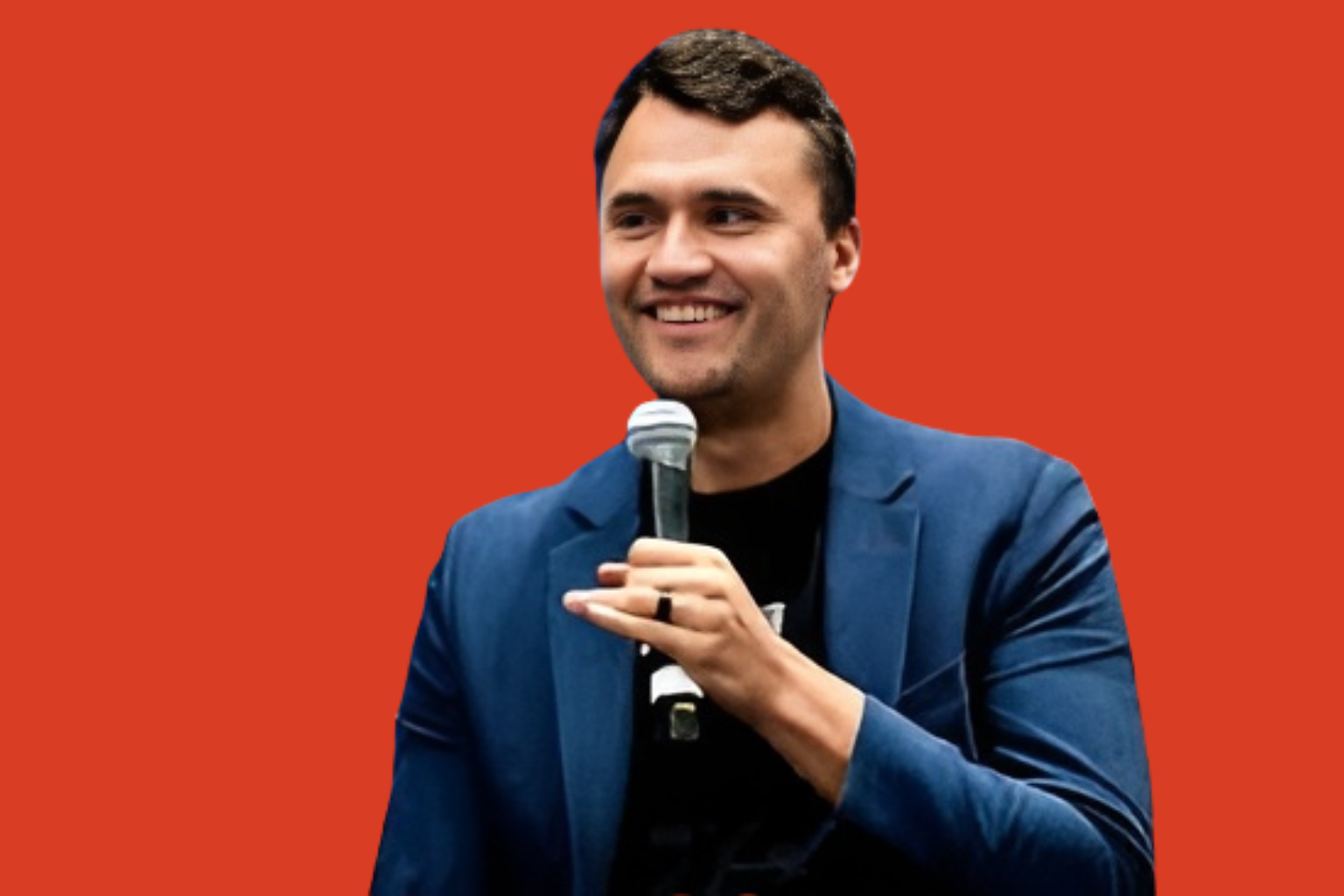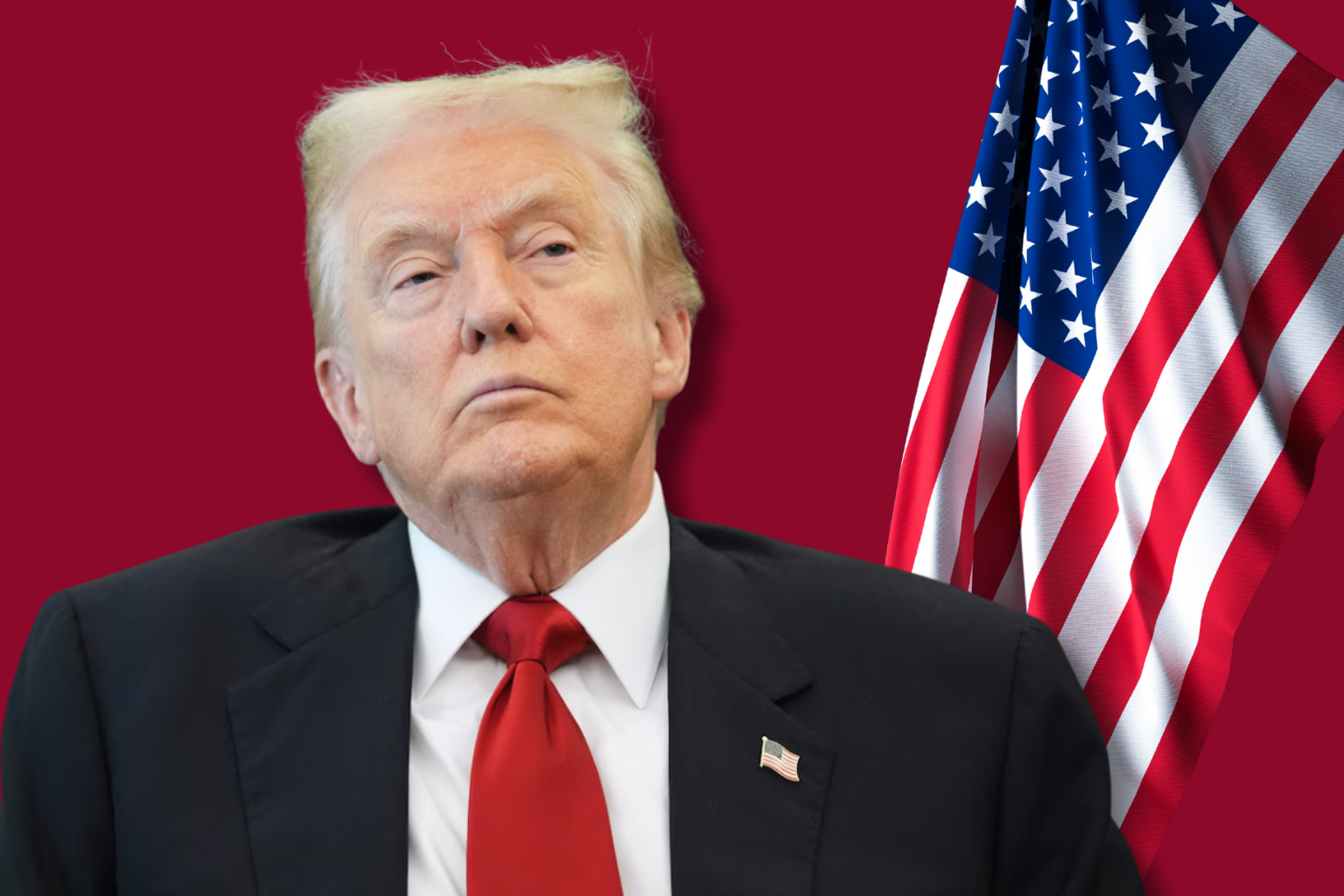What Charlie Kirk’s Killing Revealed About Free Speech at Work

Right after conservative activist Charlie Kirk was shot and killed, workplace actions and legal battles refocused attention on free speech. A famous television commentator lost his platform, while a nurse sued a New Jersey hospital for calling out a colleague. Employers and employees struggle with how social media, hospital hallways, and live TV comments affect workplace norms and reputations. The episode shows how private speech may become an employment issue in a politicized environment.
Fallout was swift and clear. After criticism of instant news coverage of the event, an experienced television pundit was fired. A New Jersey nurse sued stating she was suspended without pay for criticizing a doctor who celebrated the attack. These are the most obvious firings, suspensions, and probes after viral posts and on-air comments regarding the killing. Angry calls, viral social posts, and media exposure often affect employers’ responses before formal inquiries.
US employment legislation shows why so many workers are punished. Unless a regulation or contract indicates otherwise, most private-sector employees work “at-will” and can be fired for speech or other reasons. Lawyers and workplace experts say the First Amendment protects against government censorship, not private businesses. That provides private companies leeway to respond to employee comments that harm the workplace or reputation.
However, nuances matter. Public employees have different First Amendment rights since they work for the government, and some jurisdictions prohibit valid off-duty activities or bar political firings. Speech that disrupts business, endangers safety, or undermines employer trust may be restricted. States have different laws and precedents, thus repercussions vary based on where an incident occurs and whether the worker is public or private.
Stakes rise with social media. Once transient, remarks, comments, and clips now become permanent records employers review. That allows outside groups, influencers, and coworkers to report problematic posts to employers quickly, speeding up disciplinary action. Viral indignation can make it hard to balance employee rights, workplace safety, and PR, say HR professionals.
Experts say many organizations were unprepared for the sudden rush of political and emotional tweets. HR directors and legal experts are increasingly demanding detailed workplace conduct, social media, and political speech regulations that effect coworkers and consumers. Broad employer responses may constrain free expression and be applied unevenly, resulting to bias or selective enforcement, say critics.
The latest incidents warn employees that off-duty or personal communication might have workplace consequences. Public employees can be disciplined for speaking on public topics, but they have some rights. To avoid confusion and legal risk for employers, systematic, legally educated reactions rather than impetuous firings and unambiguous conduct guidelines are needed.
After the killing, some argue employers act too soon or unevenly, while others say swift action is vital to keep workplaces safe and protect company reputations. Despite legislative rulings, workers and employers are examining how political polarization, social media, and employment law relate and realizing that free expression and workplace norms often conflict.
Sources
AP News — After Charlie Kirk’s death, workers learn the limits of free speech in and out of their jobs. AP News
AP News — Matthew Dowd’s firing and related coverage. AP News
Los Angeles Times — Reporting on MSNBC analyst dismissal and reactions. Los Angeles Times
Fox News — Pentagon statement and “zero tolerance” guidance for military personnel. Fox News
New York Post — Local reporting on the nurse’s lawsuit and hospital suspension details. New York Post




